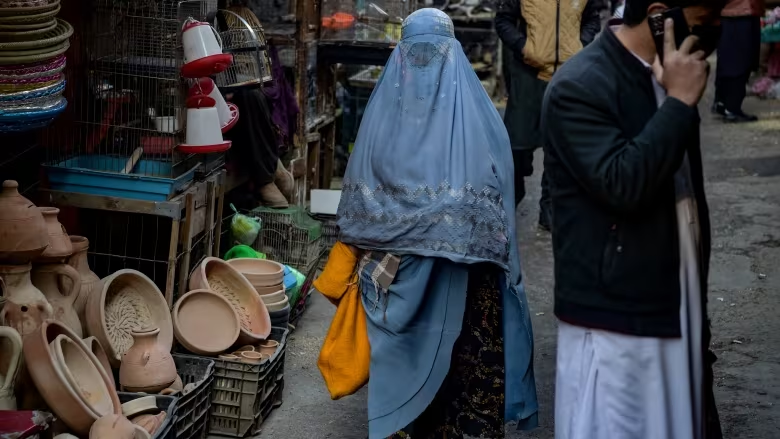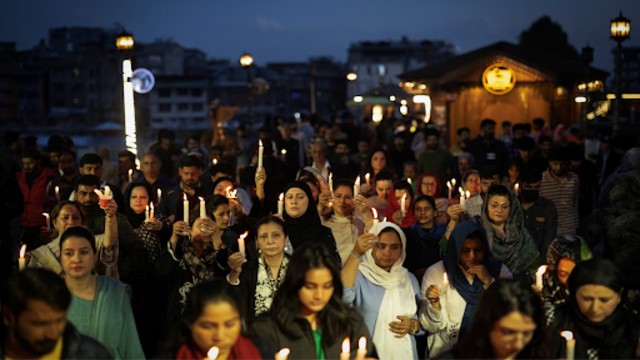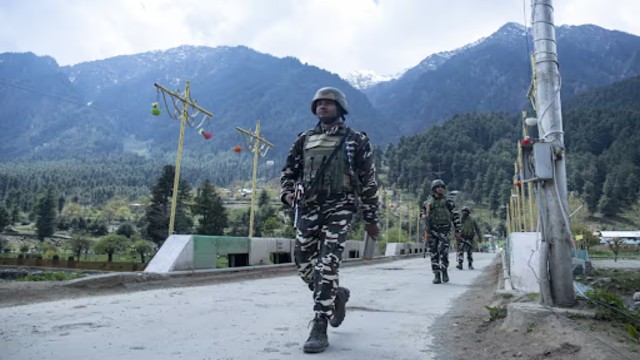
A recent report from the United Nations highlights concerns about increased limitations imposed by the Taliban on the rights of women and girls. The restrictions involve hindrances in their ability to travel, work, or access healthcare independently, requiring a male guardian to be present. (Image source: Omer Abrar/AFP/Getty Images)
In a recent report by the United Nations Assistance Mission in Afghanistan, the Taliban's tightening grip on Afghan women's freedoms has been highlighted. The militant group is now restricting unmarried women's access to work, travel, and health care if they lack a male guardian. The report revealed instances where women were advised to marry to retain their jobs, deeming it inappropriate for unmarried women to work.
The Taliban's measures extend beyond employment, encompassing various aspects of public life. Since assuming power in 2021, they have barred women from many spheres, halted girls' education beyond the sixth grade, closed beauty salons, and implemented a strict dress code. The dress code issued in May 2022 calls for women to only show their eyes and suggests wearing the head-to-toe burqa, echoing the restrictions imposed during the Taliban's previous rule from 1996 to 2001.
The UN report, covering October to December of the previous year, exposes the Taliban's crackdown on single Afghan women or those not accompanied by a male guardian, known as mahram. Though there are no official laws regarding male guardianship in Afghanistan, the Taliban insists that women cannot travel certain distances or move around without a mahram, a requirement not recognized in Afghan law.
Health-care workers faced detention in October for going to work without a mahram, later released after families signed guarantees not to repeat the act. In Paktia province, the Vice and Virtue Ministry, acting as the Taliban's morality police, began restricting women without mahrams from accessing health facilities since December. Checkpoints and inspections have been established to enforce hijab and mahram requirements in public places, offices, and educational institutes.
The Taliban's actions have drawn criticism from the international community, with UN Secretary-General Antonio Guterres expressing his horror. In response, the Taliban's chief spokesperson, Zabihullah Mujahid, accused the UN of misunderstanding and criticized the mission for allegedly ignoring or opposing Islamic law, Shariah. Mujahid asserted that with an Islamic government in power, Shariah must be fully implemented, including rules regarding hijab, male guardianship, and gender segregation.
As the Taliban continues to tighten its grip on Afghan society, concerns grow over the diminishing rights and freedoms of Afghan women, prompting international observers to closely monitor the situation.















